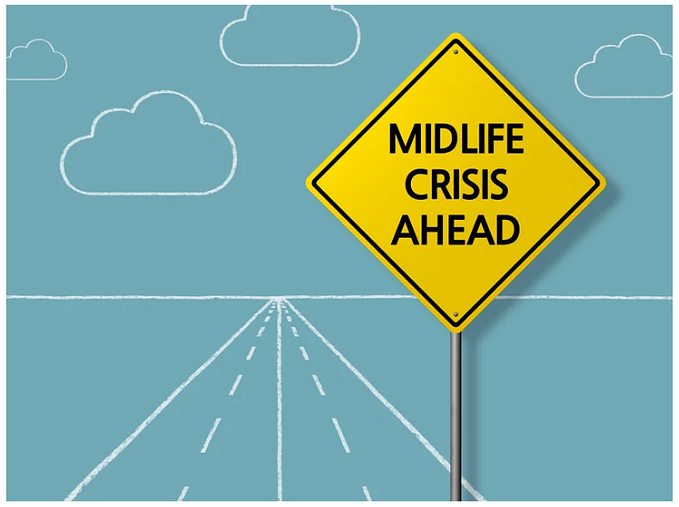Member-only story
How Much Time Outdoors Do You Really Need?
A quick dose can do wonders for your well-being

 Back in 2008, a group of researchers at University of Michigan studied whether spending time in nature could improve a person’s cognitive performance. They tested the memory of 38 students, and then split them into two groups: one went for a 2.8-mile walk in an arboretum, while the other went for a 2.8-mile walk in the city. Upon their return to the lab, everyone in the study repeated the memory tests. The people who returned from the nature walk performed significantly better in their second test, while the men and women who returned from the city walk showed no reliable difference in their memory skills.
Back in 2008, a group of researchers at University of Michigan studied whether spending time in nature could improve a person’s cognitive performance. They tested the memory of 38 students, and then split them into two groups: one went for a 2.8-mile walk in an arboretum, while the other went for a 2.8-mile walk in the city. Upon their return to the lab, everyone in the study repeated the memory tests. The people who returned from the nature walk performed significantly better in their second test, while the men and women who returned from the city walk showed no reliable difference in their memory skills.
The researchers even found cognitive advantages when students looked at pictures of nature scenes for 10 minutes instead of going for a walk. Compared to pictures of city scenes, nature scenes improved memory and the ability to resist distractions, but didn’t affect more basic cognitive processes like remaining alert or detecting visual signals.
In 2009, another group of researchers in Japan ran similar tests on the biological effects of immersing people in forest environments (a practice that Japanese people call Shinrin-yoku or forest-bathing). In 24 different locations, the researchers sent people to either a nearby forest or a nearby city where they spent approximately 15 minutes walking and 15 minutes sitting. Immediately after these activities, people who visited the forest had a lower heart rate, lower blood pressure, and lower levels of the stress hormone cortisol in their saliva than people who visited the city.
Short-term changes in biology and cognitive function are relatively easy to study, but understanding longer-term mental health outcomes is a bigger challenge. Some evidence suggests that neighborhoods with natural features and greener spaces are linked with better mental well-being among residents, including reduced stress. A 2013 academic review concluded that based on the available research, there was reasonable evidence to suggest that contact with nature is associated with good physical health, mental health, and feelings of social connection.
Nature enhances health by reducing people’s mental workload and…






